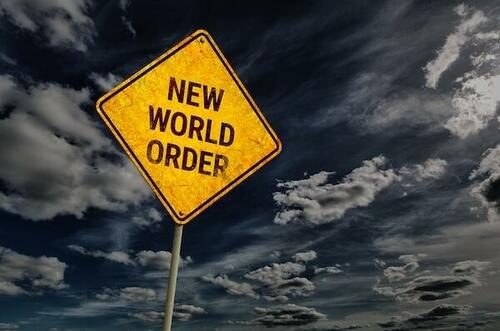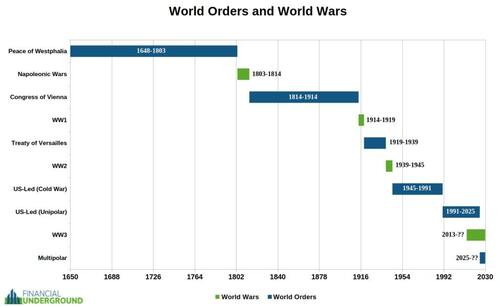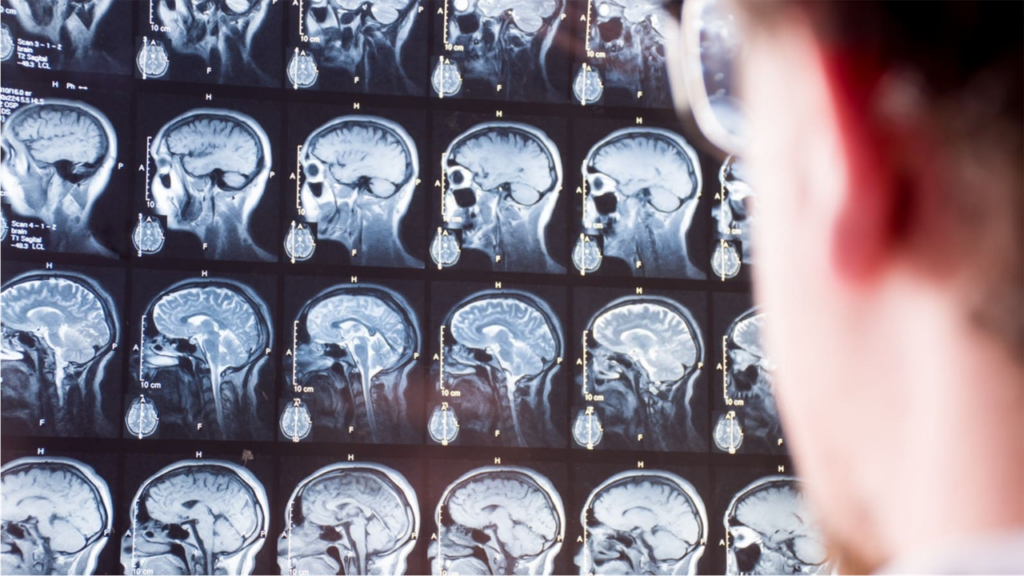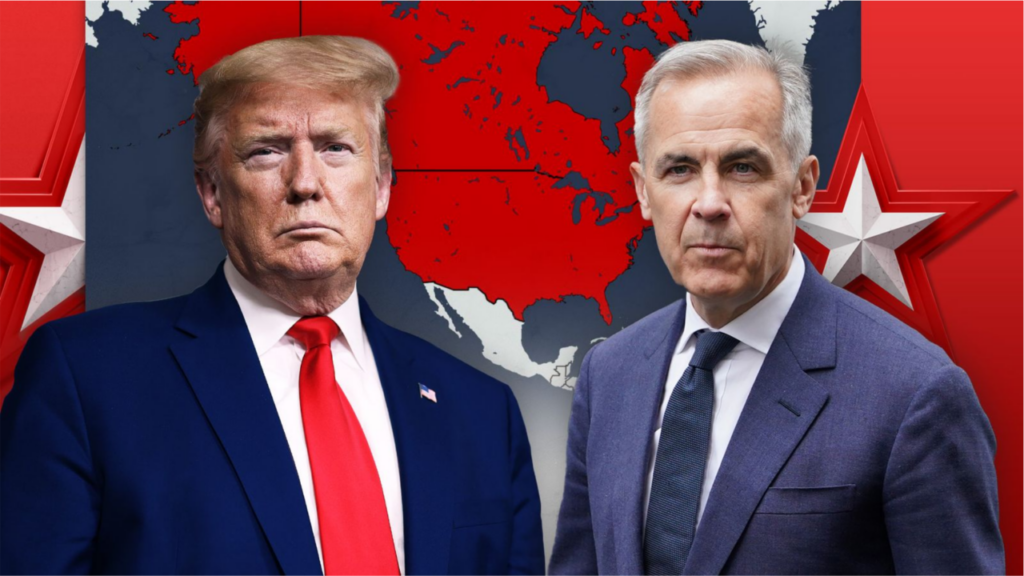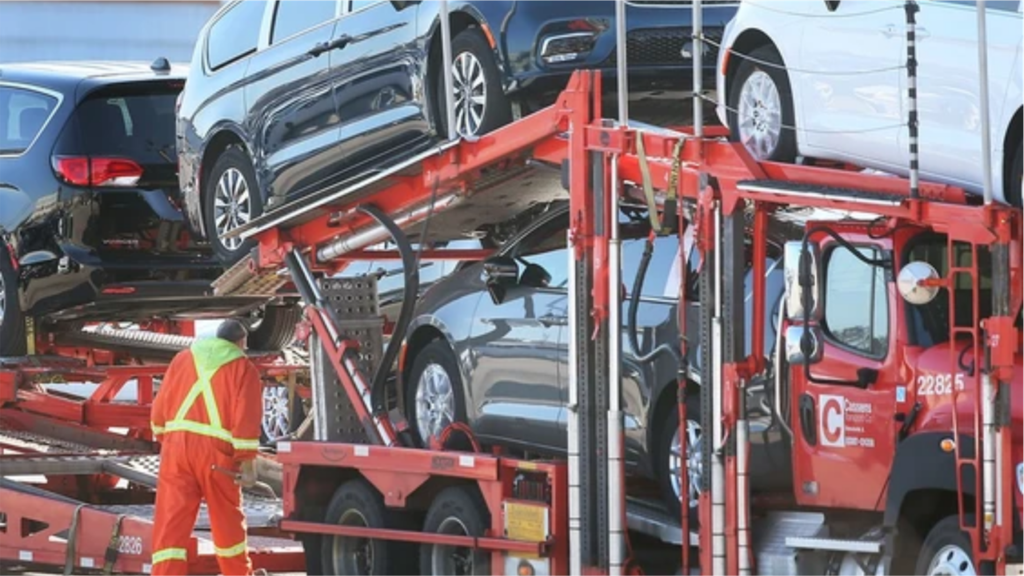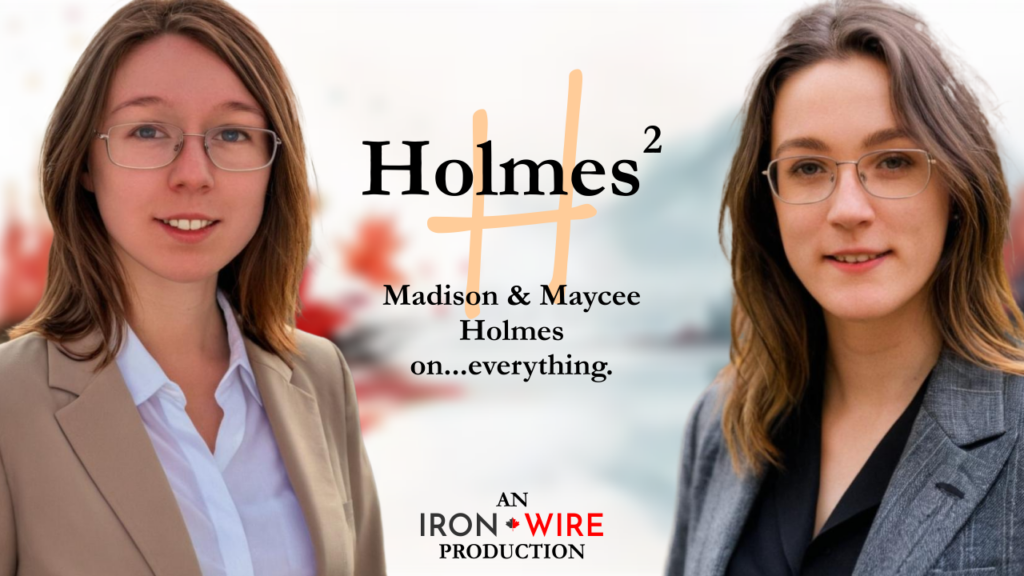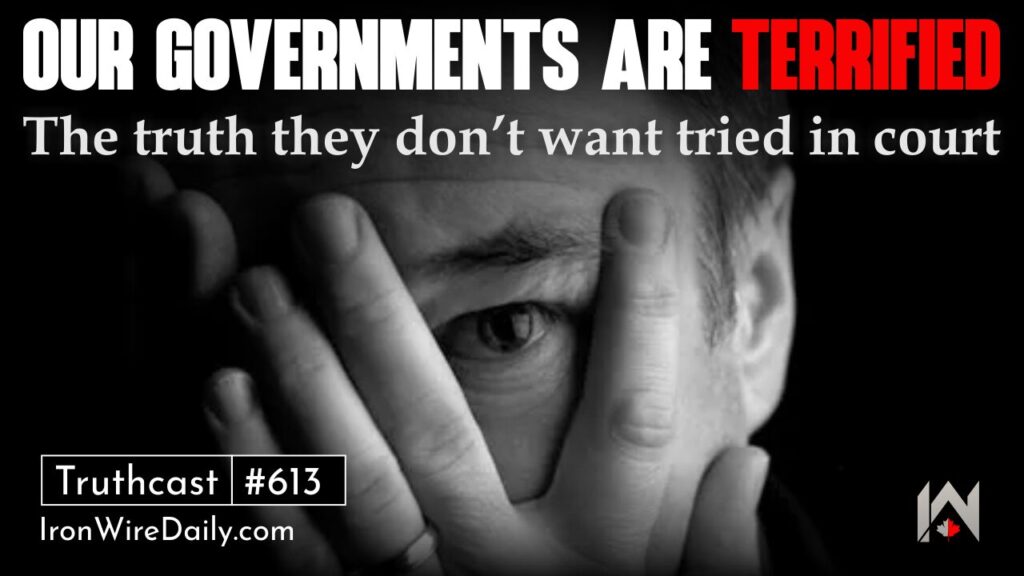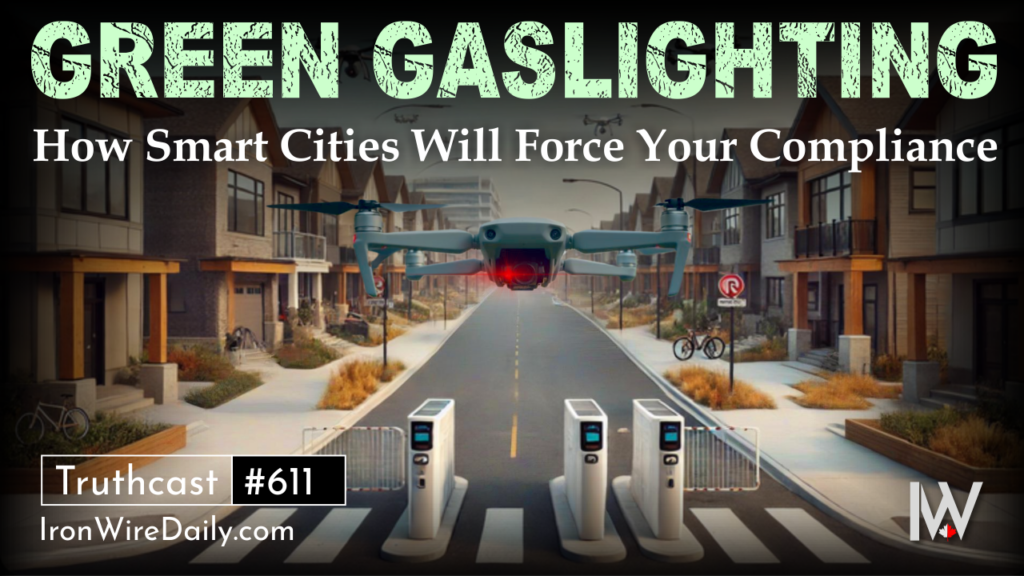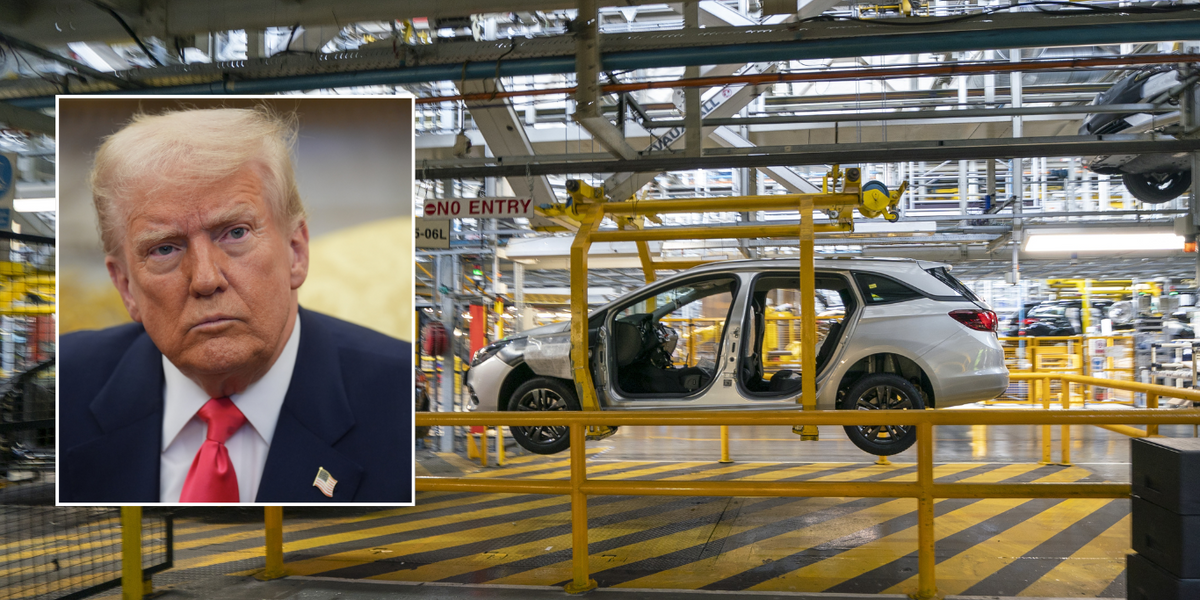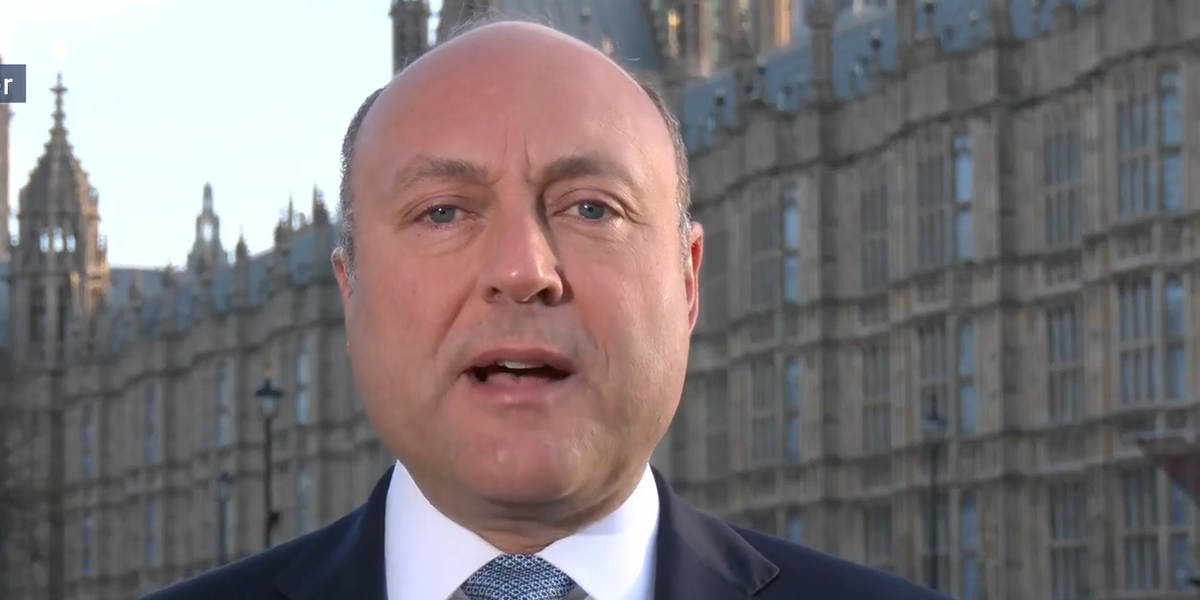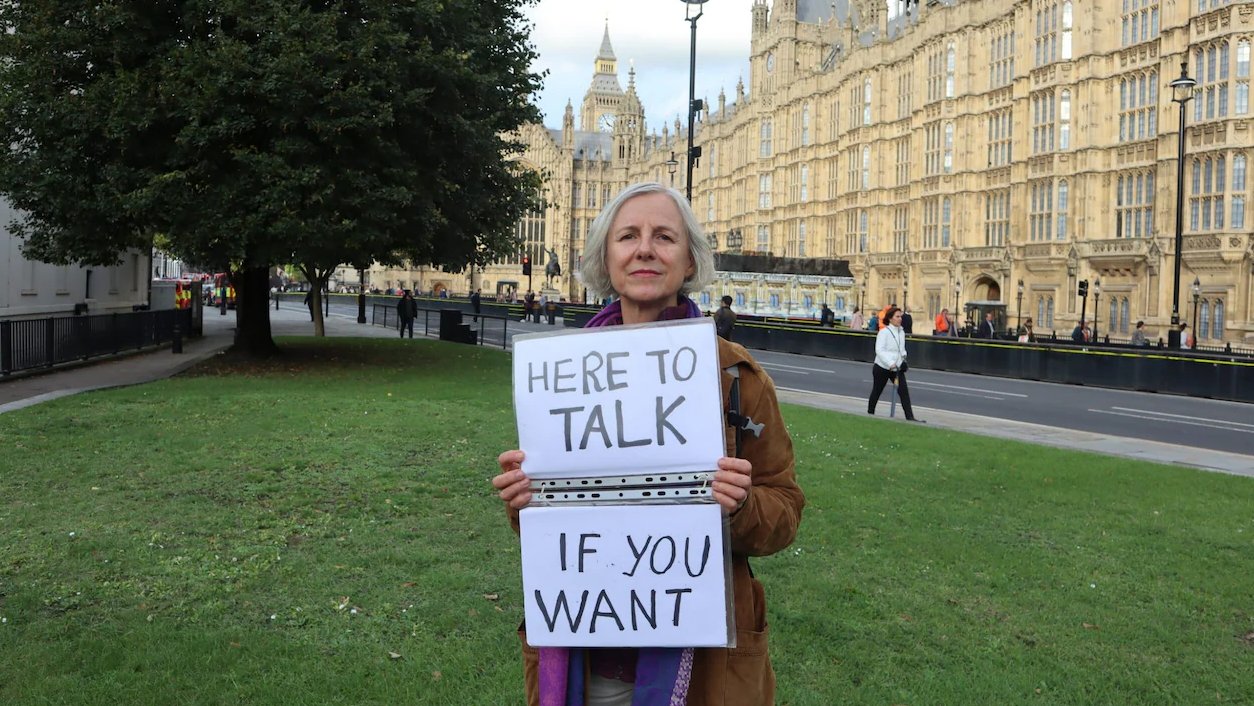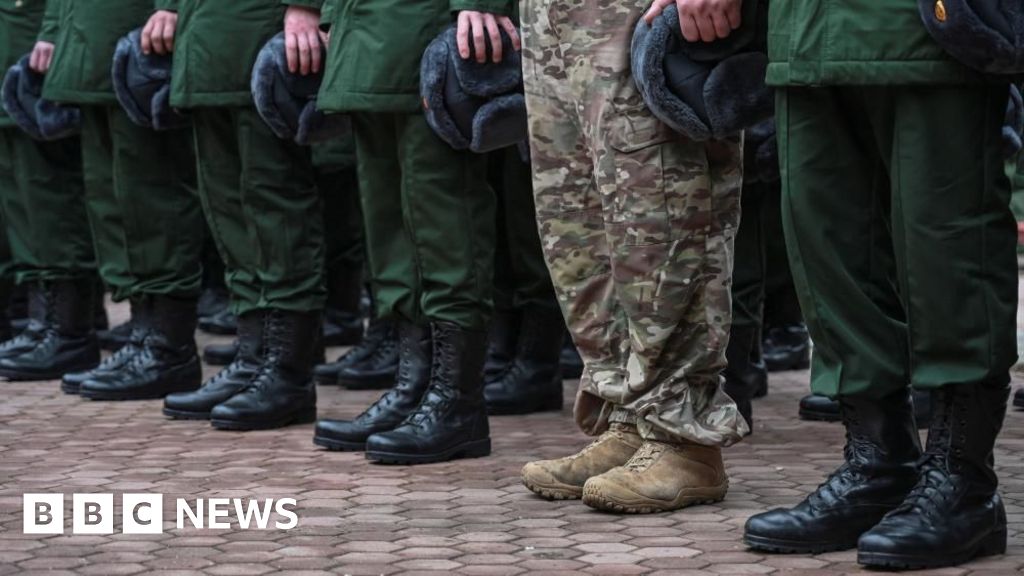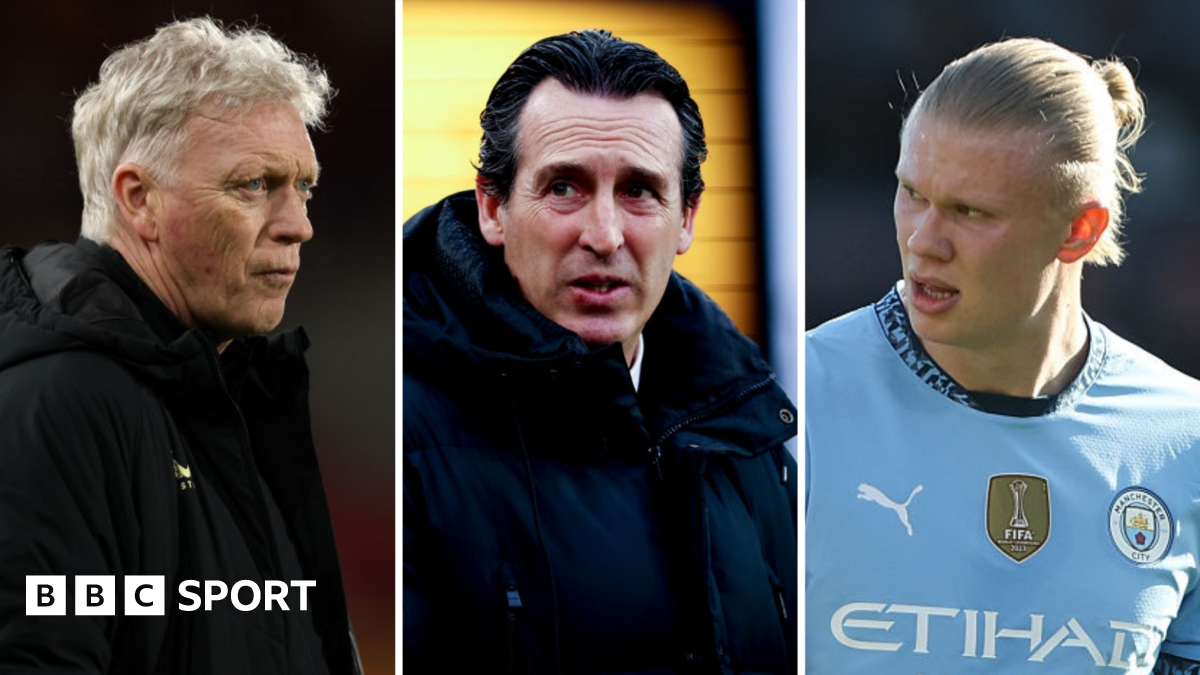Trump’s New World Order

Authored by Nick Giambruno via InternationalMan.com,
The US-led world order has undergone several distinct phases since the end of World War 2.
From 1945 to 1991, it was defined by the Cold War—a global struggle between the US and the Soviet Union.
After the Soviet Union collapsed in 1991, the post-WW2 world order experienced a massive shift, with the US emerging as the undisputed global superpower. This era, often called the “unipolar moment,” lasted from 1991 until Trump’s inauguration in 2025.
Yuval Harari is a key advisor to Klaus Schwab, founder of the World Economic Forum (WEF). He recently stated that if Trump were to become president again, it “is likely to be the kind of death blow to what remains of the global order.”
While I think it’s premature to declare the end of the post-WW2 world order, Trump’s return to the White House undoubtedly marks one of the most significant shifts in international relations since the Soviet Union’s fall.
Marco Rubio serves as Trump’s Secretary of State, tasked with executing Trump’s vision for America’s role on the world stage.
His statements—during his Senate confirmation hearings and in an interview with journalist Megyn Kelly—have made that vision unmistakably clear.
Here’s what Rubio stated during his confirmation hearings (emphasis added):
“Out of the triumphalism of the end of long Cold War emerged a bi-partisan consensus that we had reached ‘the end of history.’ That all the nations of Earth would become members of the democratic Western led community. That a foreign policy that served the national interest could now be replaced by one that served the ‘liberal world order.’ And that all mankind was now destined to abandon national identity, and we would become ‘one human family’ and ‘citizens of the world.’
This wasn’t just a fantasy; it was a dangerous delusion.
Here in America, and in many of the advanced economies across the world, an almost religious commitment to free and unfettered trade at the expense of our national economy, shrunk the middle class, left the working class in crisis, collapsed industrial capacity, and pushed critical supply chains into the hands of adversaries and rivals. An irrational zeal for maximum freedom of movement of people has resulted in a historic mass migration crisis here in America and around the world that threatens the stability of societies and governments.
While America far too often continued to prioritize the ‘global order’ above our core national interests, other nations continued to act the way countries always have and always will, in what they perceive to be in their best interest.
And instead of folding into the post-Cold War global order, they have manipulated it to serve their interest at the expense of ours. We welcomed the Chinese Communist Party into this global order. And they took advantage of all its benefits. But they ignored all its obligations and responsibilities. Instead, they have lied, cheated, hacked, and stolen their way to global superpower status, at our expense.
The postwar global order is not just obsolete; it is now a weapon being used against us.
And all this has led us to a moment in which we must now confront the single greatest risk of geopolitical instability and generational global crisis in the lifetime of anyone alive here today.
Eight decades later, we are called to create a free world out of chaos once again. This will not be easy. And it will be impossible without a strong and confident America that engages in the world, putting our core national interests above all else once again.”
Here are Rubio’s remarks to Megyn Kelly (emphasis added):
Megyn Kelly: America First?
Secretary Rubio: Well, and that’s the way the world has always worked. The way the world has always worked is that the Chinese will do what’s in the best interests of China, the Russians will do what’s in the best interest of Russia, the Chileans are going to do what’s in the best interest of Chile, and the United States needs to do what’s in the best interest of the United States.
Where our interests align, that’s where you have partnerships and alliances; where our differences are not aligned, that is where the job of diplomacy is to prevent conflict while still furthering our national interests and understanding they’re going to further theirs. And that’s been lost.
And I think that was lost at the end of the Cold War, because we were the only power in the world, and so we assumed this responsibility of sort of becoming the global government in many cases, trying to solve every problem.
And there are terrible things happening in the world. There are. And then there are things that are terrible that impact our national interest directly, and we need to prioritize those again.
So, it’s not normal for the world to simply have a unipolar power. That was an anomaly. It was a product of the end of the Cold War, but eventually you were going to reach back to a point where you had a multipolar world, multi-great powers in different parts of the planet.
We face that now with China and to some extent Russia, and then you have rogue states like Iran and North Korea you have to deal with.
So now more than ever we need to remember that foreign policy should always be about furthering the national interest of the United States and doing so, to the extent possible, avoiding war and armed conflict, which we have seen two times in the last century be very costly.
They’re celebrating the 80th anniversary this year of the end of the Second World War. That – I think if you look at the scale and scope of destruction and loss of life that occurred, it would be far worse if we had a global conflict now. It may end life on the planet. And it sounds like hyperbole, but you have multiple countries now who have the capability to end life on Earth. And so we need to really work hard to avoid armed conflict as much as possible, but never at the expense of our national interest. So that’s the tricky balance. “
Rubio’s words are a reflection of Trump’s vision and policy. Frankly, it’s a much-needed dose of realism and pragmatism.
It’s worth emphasizing several key points from Rubio’s remarks:
-
The idea that the US could uphold a unipolar world order indefinitely “wasn’t just a fantasy; it was a dangerous delusion.”
-
“The postwar global order is not just obsolete; it is now a weapon being used against us.”
-
“We must now confront the single greatest risk of geopolitical instability and generational global crisis in the lifetime of anyone alive here today.”
-
“It’s not normal for the world to simply have a unipolar power. That was an anomaly.”
-
“Eventually, you were going to reach back to a point where you had a multipolar world, multi-great powers in different parts of the planet.”
Though it endured for 34 years, the notion that the US could maintain a unipolar world order indefinitely was never realistic.
President Trump seems to recognize that maintaining it is not just unrealistic but unsustainable. He appears to have decided that it is in the US’s best interest to transition to a multipolar reality on its own terms rather than be forced into it by a chaotic collapse.
We are now in a volatile adjustment period as the unipolar world order gives way to a multipolar one (click image below to enlarge).
Does this mean World War 3 is over?
I don’t think so. But it does mean we have entered a new phase of it.
There is still much to be determined—most crucially, the boundaries of the US, Russia, and China’s spheres of influence in this emerging multipolar world.
With the war in Ukraine all but lost and the prospect of victory in Taiwan shrinking by the day, the US government appears to have accepted that the complete subjugation of Russia and China under its unipolar dominance is no longer an achievable goal.
The goalposts of World War 3 have shifted.
Rather than total victory and preserving the unipolar world order, the US is now focused on maximizing its power within the new multipolar landscape—while limiting the influence of its most formidable rivals: Russia, China, and their allies, including Iran.
While the US seems to be moving away from the unipolar model and begrudgingly acknowledging the existence of rival powers, it still seeks to be the dominant force in a multipolar world.
The new global boundaries have yet to be defined, and the situation remains volatile and dangerous. Whether Trump can successfully guide the US—and the world—through this transition without descending into greater conflict remains an open question.
On a smaller scale, this mirrors how powerful criminal organizations—such as mafias and street gangs—operate within a city. Ideally, a gang or mafia would eliminate all rivals. However, when certain rivals prove too strong to destroy, the conflict shifts toward defining boundaries until a formal arrangement is reached that divides territories.
The same dynamic is now unfolding on a global scale between the US, Russia, and China as World War 3 plays out.
Each side is maneuvering to expand its power and influence until a new arrangement is reached that defines the balance of the multipolar world.
The Global Order Is Changing—Are You Ready?
The unipolar world is fading, and a volatile new multipolar reality is taking shape.
The global power structure is shifting fast—and the consequences will be massive.
Most people will be caught off guard—don’t be one of them.
What does this mean for America? For the economy? For you?
That’s why I’ve put together an urgent report revealing the hidden forces shaping this new era and how to prepare for the massive geopolitical and economic shifts ahead.
This could be the most important dispatch you read all year.
Don’t get caught unprepared.
Loading…
